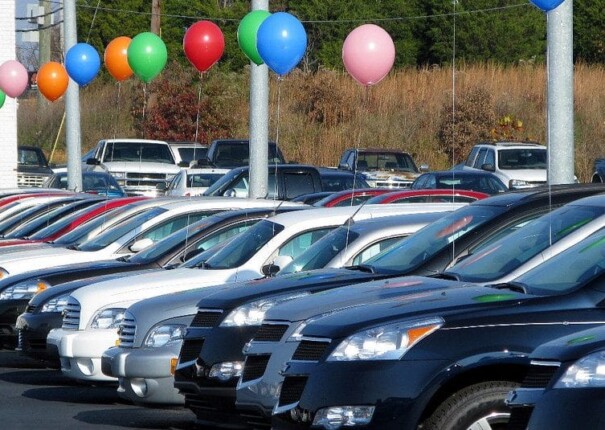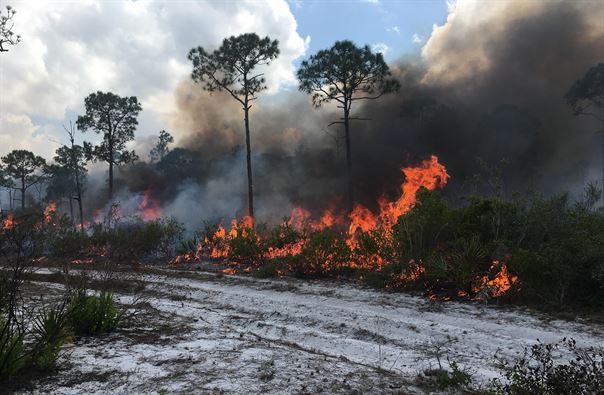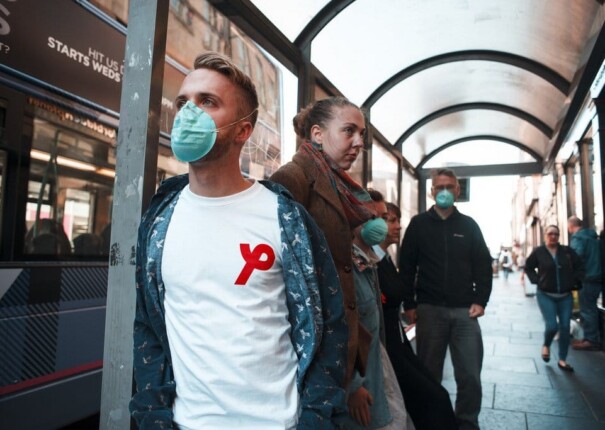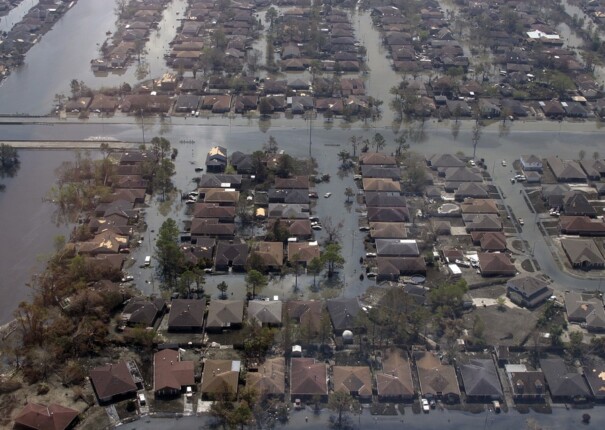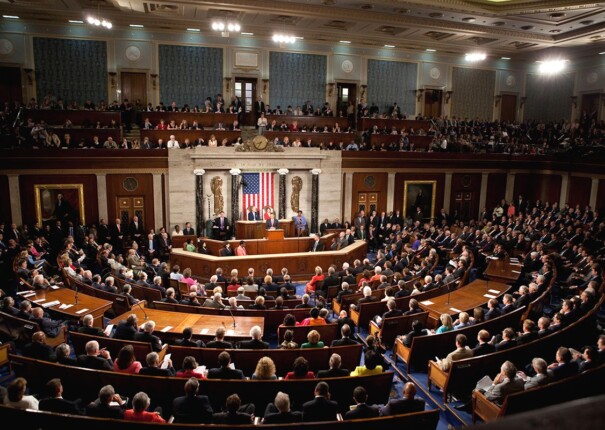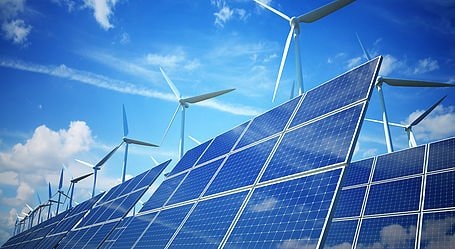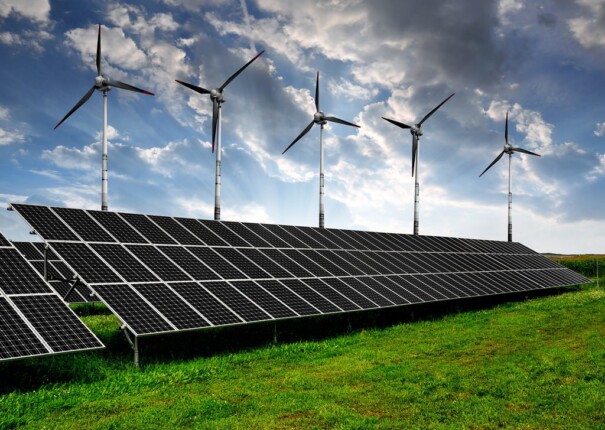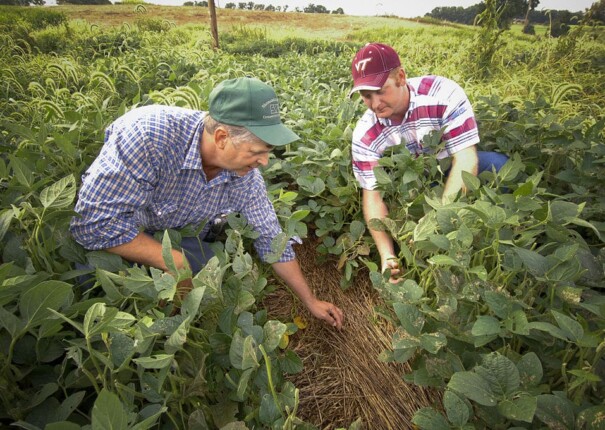Could coronavirus forever alter the fossil fuel era?
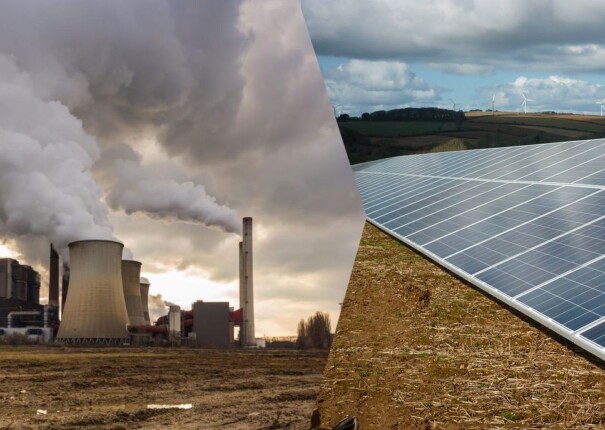
By Justin Guay, Medium Highlights The current pandemic could be an opportunity for the US to eliminate our use of fossil fuel dependency and transition into a clean energy economy The US fracking industry is in a tricky place – facing negative pricing and less demand, indicating that the industry wasn’t viable to begin with … Read more


